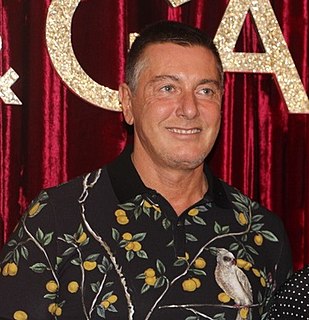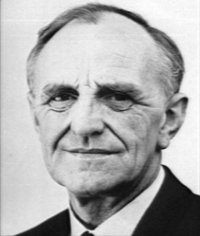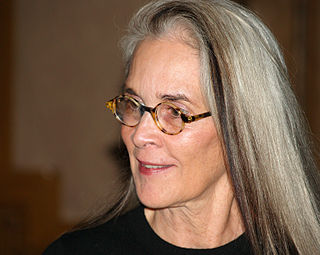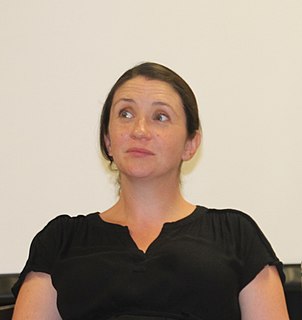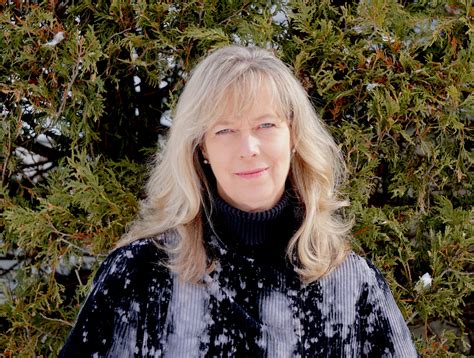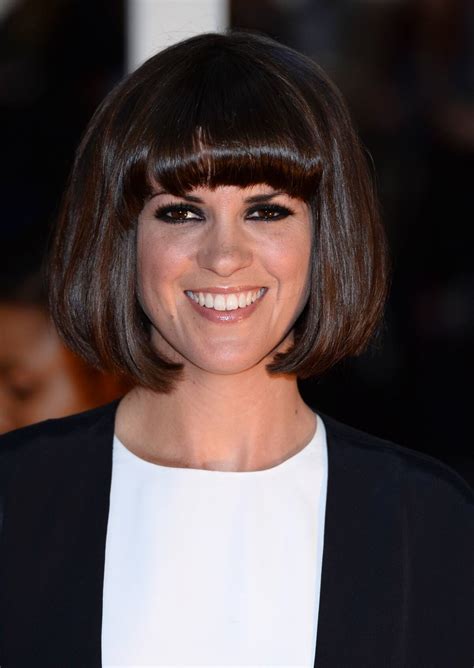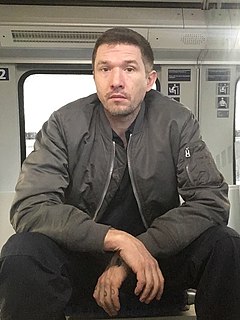A Quote by Paul Auster
The childhood scenes [ in The Tree of Life] are tremendous. My favorite moment is when the mother levitate - for three seconds. Of course, this is how a child thinks of his mother.
Related Quotes
The mother gazes at the baby in her arms, and the baby gazes at his mother's face and finds himself therein... provided that the mother is really looking at the unique, small, helpless being and not projecting her own expectations, fears, and plans for the child. In that case, the child would find not himself in his mother's face, but rather the mother's own projections. This child would remain without a mirror, and for the rest of his life would be seeking this mirror in vain.
It is a view of God that compensates every thing else, and enables the soul to rest in His bosom. How, when the child in the night screams with terror, hearing sounds that it knows not of, is that child comforted and put to rest? Is it by a philosophical explanation that the sounds were made by the rats in the partition? Is it by imparting entomological knowledge? No; it is by the mother taking the child in her lap, and singing sweetly to it, and rocking it. And the child thinks nothing of the explanation, but only of the mother.
Protection of the life of the mother as an excuse for an abortion is a smoke screen. In my 36 years of pediatric surgery, I have never known of one instance where the child had to be aborted to save the mother's life. If toward the end of the pregnancy complications arise that threaten the mother's health, the doctor will induce labor or perform a Caesarean section. His intention is to save the life of both the mother and the baby. The baby's life is never willfully destroyed because the mother's life is in danger.
'The Big Girls' has always seemed to me to be a story about different kinds of families - a divorced mother with a child; a father with his child and his girlfriend; a mother of three children, suffering from postpartum depression; and the rigid artificial families maintained by women in prison - all potentially perilous.
Not every woman thinks that their mother is a nice person. I feel like when you really examine a woman's relationship with her mother, any child and their mother, you can really get to know them, because it's such an important relationship in your life and if it's not positive, that's something you definitely carry with you.
A mother has a unique perspective. Nobody sees the life of the child the way the child’s mother does—not even the father. This is Mary’s perspective of Jesus life. It seems to me that every genuine Christian, not just Catholics, should be interested in that perspective—and not just interested, but fascinated. In the rosary we ponder the life of Jesus through the eyes of his mother. This is an incredibly powerful experience if we enter into it fully
The myth of independence from the mother is abandoned in mid- life as women learn new routes around the mother--both the mother without and the mother within. A mid-life daughter may reengage with a mother or put new controls on care and set limits to love. But whatever she does, her child's history is never finished.

